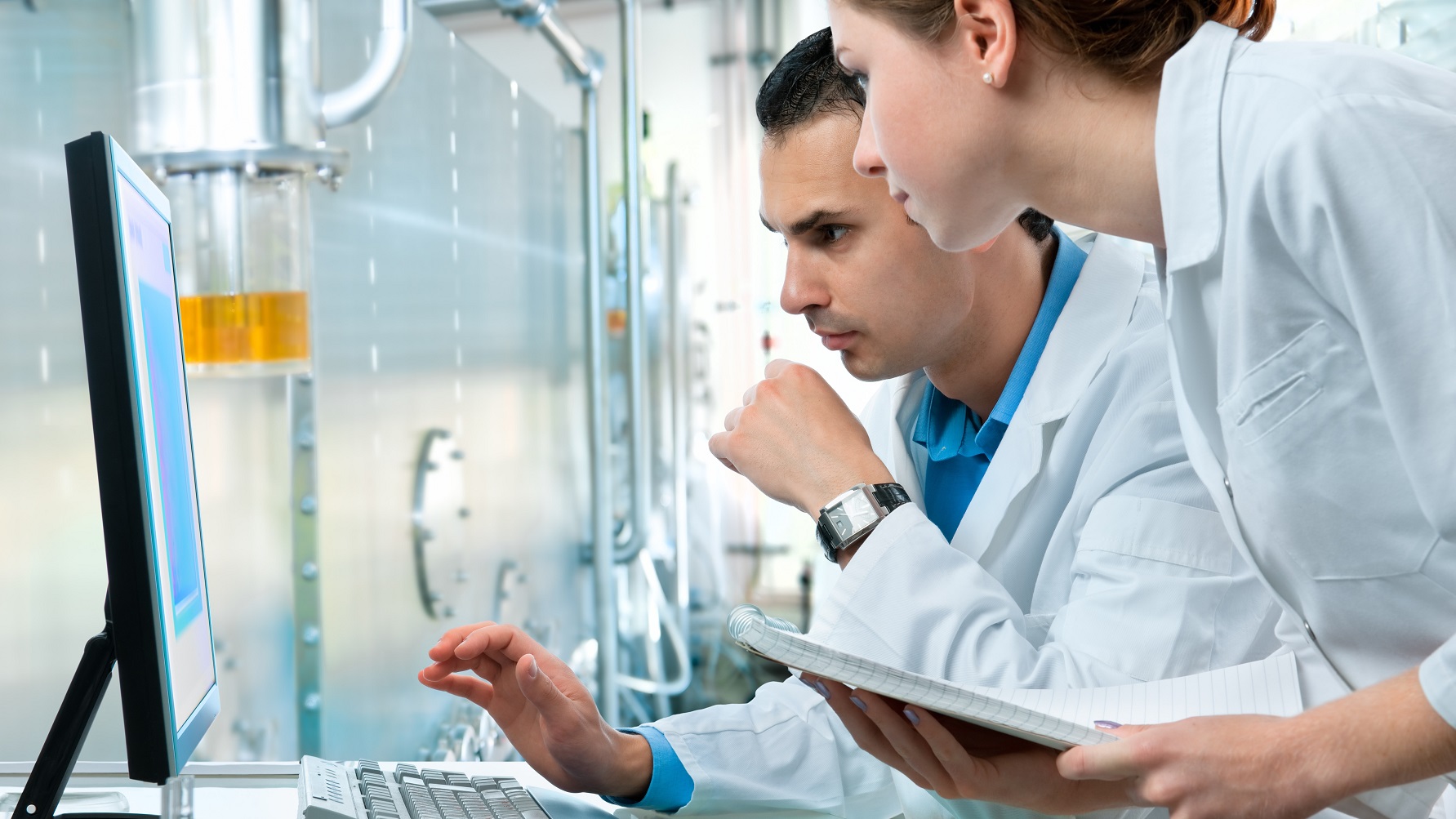The modernisation of healthcare through AI

COVID-19 has uncovered some critical flaws in the healthcare systems of many countries. Yet, there is a significant silver lining to the situation as it has accelerated the influx of advanced computing techniques into healthcare, which promises some major advances. Artificial Intelligence systems (AI) and other areas like improved medical imaging or VR (Virtual Reality) could make testing, diagnosis, and treatment of patients more rapid and accurate.
Professor Clayton M. Christensen of Harvard Business School, coined the term Disruptive Innovation, showing how it could change technologies in a very short time-frame, for example, the transition from industrialised hot-metal typesetting to cheaper, quicker desk PC-based digital publishing. The pandemic is having this sort of effect on conventional medicine. It takes years and millions of dollars to get a drug to where it can be prescribed to patients. That is clearly not satisfactory now – AI offers various ways to speed up and improve medical trials.
Firstly, we need to be clearer about “AI” - this is not just hospital computers but a whole advanced ICT ecosystem can assist the medical profession in their work. We’re calling this "AI" but it really covers a whole range of person-to-computer interactions including diagnosis bots, GPS, Bluetooth and mobile apps. These will make a lot of medicine cheaper and easier to access. For example, if your smartwatch sends information to your doctor, and the advanced diagnostic system then alerts you if there is a problem and tailors a remedy for you. A pleasant side effect is that this will also reduce emissions by ensuring fewer visits to hospitals, and shorter stays where necessary, as all sorts of medical procedures can be delivered virtually or detected earlier on, making treatment less intensive.
AI-based diagnosis
Doctors are busy people, and in some areas of healthcare, there are not enough medical professionals available. Deep Learning computer systems have already proved that they can interpret medical information more reliably and quicker than humans – for example in CT scans, or assessing the progress of heart diseases or the risk of sudden cardiac death based on electrocardiograms and cardiac MRI images. An AI in China diagnosed shows promising results, as it can now diagnose diseases faster and more accurately than ever before. And unlike humans, AIs don't tire.
New drug development
Bringing new drugs to market is a very expensive and time consuming process. Machine Learning can ensure that lots of the procedures involved can be made more efficient. This has the potential to shorten years of work and hundreds of millions in costs. Using AI can firstly identify good drug pathways, so likely candidates can be prioritised. The machine learning algorithms can run through millions of possible chemical combinations, highlighting the most suitable. Then they can speed up clinical trials – finding suitable candidates or clusters, looking at the best areas of demographics to get results and ensuring that trials are conducted in the most efficient ways. Detecting biomarkers for particular diseases is necessary. Computers can scan through test results much faster than people can manually, assign categories such as “good” or “bad” to molecules – so clinicians can prioritise the most promising for further investigation, as well as being able to predict which test patients are likely to respond to the trial drug most effectively.
Personalised patient treatment
This is a large, and potentially lucrative area for medicine. Human beings have a vast range of physical differences and can react to drugs in various ways. Personalised treatment has enormous potential to produce better health and comfort for patients. Unfortunately, it is difficult to quantify which factors will be beneficial for a particular individual. Machine Learning can automate this complicated statistical work – and indicate which characteristics show a patient will have a positive response to a particular treatment. Thus, predicting more beneficial outcomes and personalising treatment. The system learns this by cross-referencing similar patients and comparing their treatments and results. Doctors can then design a custom treatment plan for their patients.
The AI revolution in medical affairs
Overall, we are in the early stages of a revolution in medical affairs, which is likely to become normal in future. While the traditional consultation with a physician or other healthcare professional will not disappear, it is probable that all sorts of computer moderated interactions will replace some of these systems, resulting in more convenience, speed, effectiveness, combined with fewer travels to doctor's offices or hospitals. Stays in institutions will be shorter, and drugs or vaccines produced more quickly, with a greater likelihood of them being effective. Costs for consumers should be reduced as the procedures will involve lower expenses for the medical provider.
The modernisation of healthcare through AI and other digital technologies is a trend we will hear more of in the near future. As such, big data and tech companies are entering this space and new technology start-ups are raising investment to enter emerging growth market. Although there are concerns about privacy and the security of important data, deep encryption and proper consent systems should mitigate these issues. This is attracting professionals from non-medical background into the industry. Medical technology or MedTech is a rapidly evolving space investors should keep an eye on.



